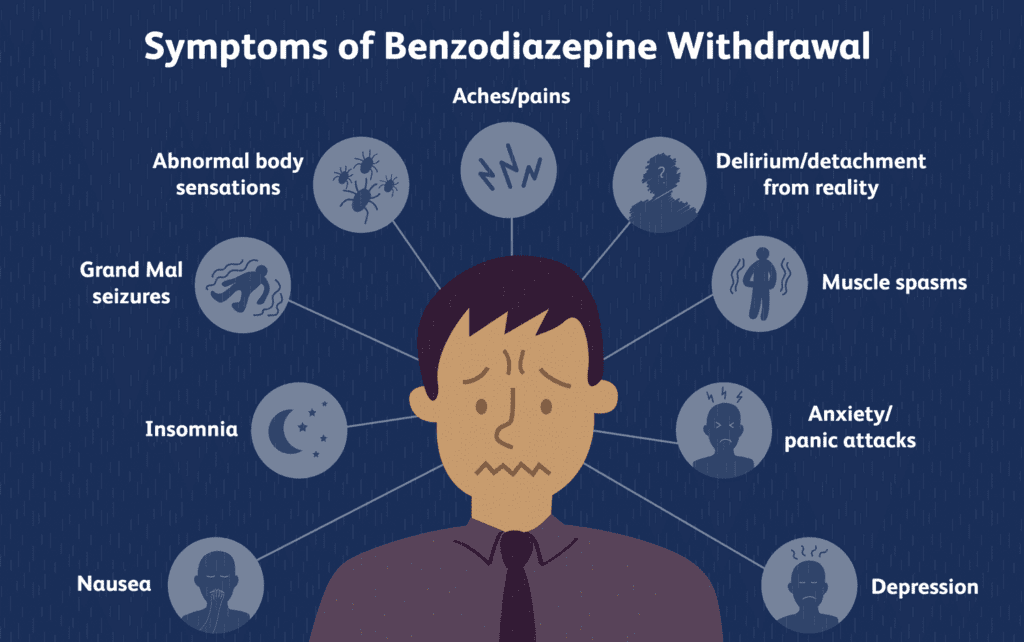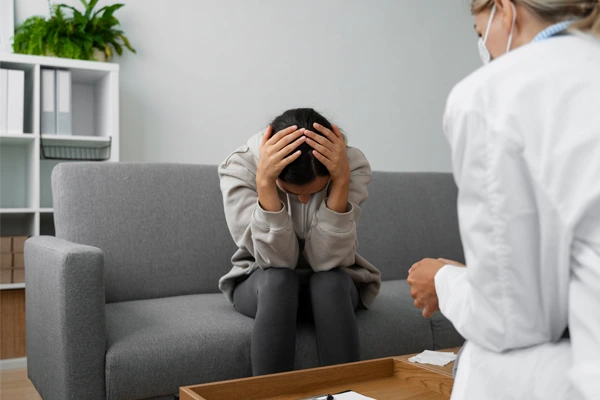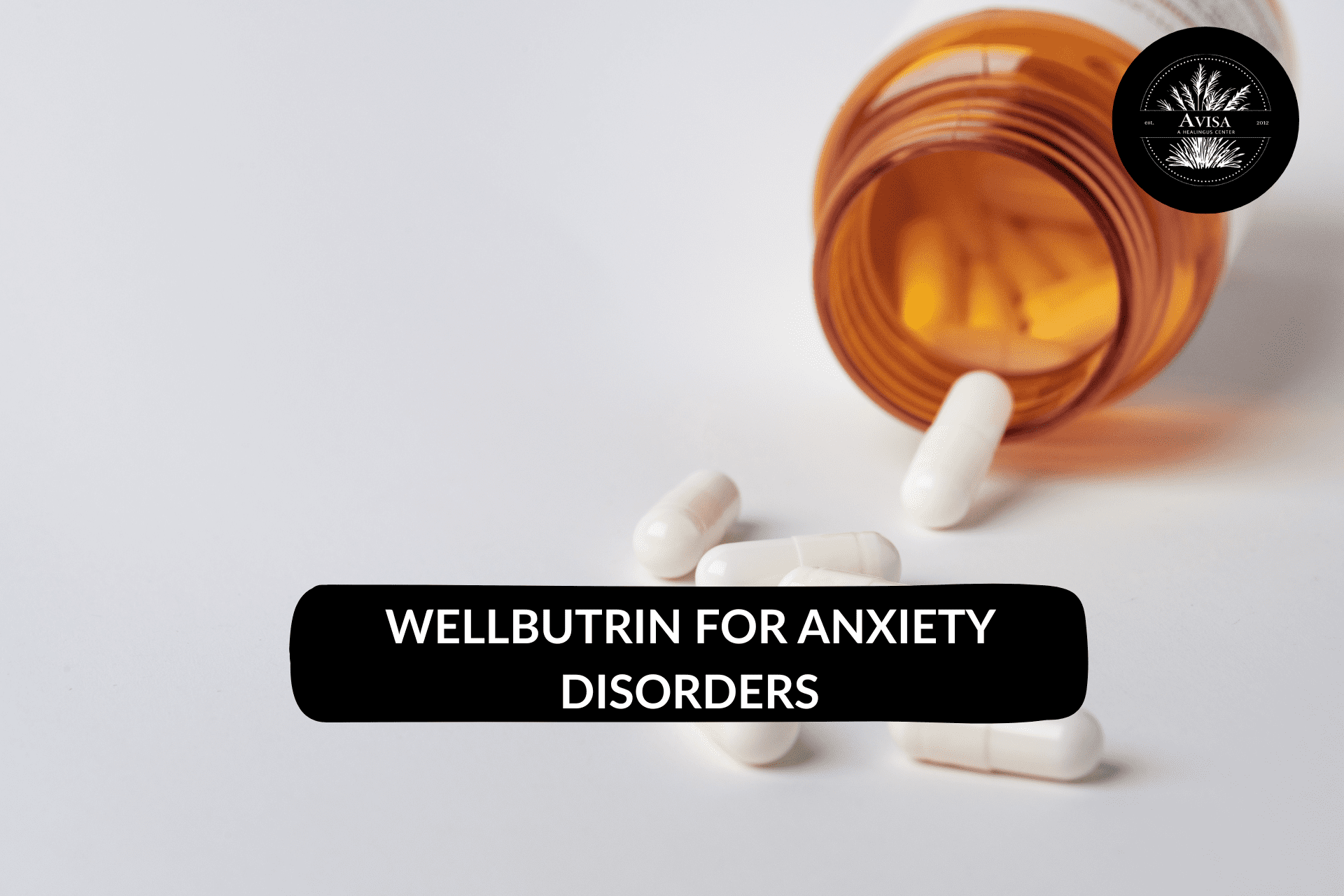In a world where addiction often seems like an insurmountable hurdle, hope can be the guiding light that leads individuals toward recovery. This comprehensive guide on benzodiazepine addiction treatment aims to provide the necessary tools, knowledge, and support for those seeking a way out of the grips of this particular substance abuse issue.
Benzodiazepines, commonly known as tranquilizers, are prescription drugs used to treat anxiety, insomnia, and other related conditions. While these medications can provide temporary relief, prolonged use can lead to dependence and addiction. Breaking free from benzodiazepine addiction can be a challenging and complex journey, but with the right treatment and support, recovery is possible.
Throughout this guide, we will delve into the different aspects of benzodiazepine addiction treatment, including the importance of professional medical help, therapy options, detoxification processes, and holistic approaches that can aid in the recovery process.
If you or someone you know is struggling with benzodiazepine addiction, this guide aims to empower you with the knowledge and resources needed to embark on a journey of healing and hope. Remember, you are not alone, and help is available to guide you towards a brighter future.
Understanding benzodiazepine addiction
Benzodiazepines function by attaching to specific receptors in the brain, referred to as GABA-A receptors. This interaction amplifies the inhibitory effects of GABA, resulting in decreased neuronal excitability, thereby inducing relaxation and sedation. Among the commonly prescribed benzodiazepines are diazepam (Valium), alprazolam (Xanax), lorazepam (Ativan), and clonazepam (Klonopin), often recommended for alleviating symptoms of anxiety, panic attacks, muscle spasms, and insomnia.
Despite their therapeutic advantages, benzodiazepines carry a considerable risk of misuse and dependency. Extended usage or misuse of these medications can lead to tolerance, necessitating higher doses for desired effects, along with physical and psychological dependence, which manifest as withdrawal symptoms upon discontinuation of use.
Signs and symptoms of benzodiazepine addiction

Recognizing the signs and symptoms of benzodiazepine addiction is crucial for early intervention and treatment. Common indicators of benzodiazepine addiction include:
- Increased Tolerance: Needing higher doses of benzodiazepines to achieve the desired effects.
- Withdrawal Symptoms: Experiencing physical and psychological symptoms when attempting to cut down or stop benzodiazepine use.
- Preoccupation with Obtaining and Using Benzodiazepines: Spending a significant amount of time and effort seeking out and using benzodiazepines, often to the neglect of other responsibilities.
- Continued Use Despite Negative Consequences: Persisting in benzodiazepine use despite experiencing adverse effects on health, relationships, work, or finances.
- Social Withdrawal: Withdrawing from social activities or relationships in favor of benzodiazepine use.
The dangers of long-term benzodiazepine use
Several factors may increase the risk of developing an addiction to benzodiazepines, including:
- History of Substance Abuse: Individuals with a history of substance abuse or addiction may be more susceptible to benzodiazepine addiction.
- Mental Health Disorders: Co-occurring mental health conditions such as anxiety disorders, depression, or post-traumatic stress disorder (PTSD) can increase the risk of benzodiazepine addiction.
- Genetic Predisposition: Genetic factors may play a role in an individual’s susceptibility to developing addiction to benzodiazepines or other substances.
- Polydrug Use: Concurrent use of benzodiazepines with other substances, such as alcohol or opioids, can increase the risk of addiction and overdose.
The importance of seeking professional help for benzodiazepine addiction treatment
Benzodiazepine addiction is a serious and complex issue that often requires professional intervention and support to overcome effectively. While some individuals may attempt to manage their addiction independently, seeking professional help is crucial for several reasons.
- Expert Assessment: Professionals conduct thorough evaluations to gauge addiction severity and underlying mental health issues.
- Safe Detoxification: Supervised detox ensures the safe management of withdrawal symptoms.
- Tailored Treatment Plans: Customized plans address individual needs with medication, therapy, and support.
- Therapeutic Support: Therapy sessions aid in understanding triggers, developing coping strategies, and preventing relapse.
- Access to Resources: Programs offer group therapy, peer support, workshops, and holistic therapies.
- Structured Environment: Recovery occurs in a supportive setting free from distractions and triggers.
- Long-Term Recovery Planning: Professionals help develop strategies for ongoing sobriety and stress management.
- Accountability and Monitoring: Regular check-ins and assessments maintain accountability and track progress.
Benzodiazepine addiction treatment options
Treatment for benzodiazepine addiction typically involves a combination of medical intervention, therapy, and support services. Some of the common treatment options include:
- Detoxification
Medically supervised detoxification to safely manage withdrawal symptoms and facilitate the elimination of benzodiazepines from the body. - Medication-Assisted Treatment (MAT)
The use of medications such as flumazenil or long-acting benzodiazepines to alleviate withdrawal symptoms and reduce cravings. - Therapy
Individual therapy, group therapy, and behavioral therapies such as cognitive-behavioral therapy (CBT) to address underlying issues and develop coping strategies. - Support Groups
Participation in support groups such as Narcotics Anonymous (NA) or SMART Recovery to receive peer support and encouragement from others in recovery. - Rehabilitation Programs
Residential or outpatient rehabilitation programs offer comprehensive treatment, counseling, and support services for individuals recovering from benzodiazepine addiction.
Detoxification and withdrawal management
Detoxification and withdrawal management are critical components of benzodiazepine addiction treatment, providing a safe and supportive foundation for individuals to begin their journey toward recovery.
- Detoxification is the initial step in benzodiazepine addiction treatment, involving the removal of the drug from the body while managing withdrawal symptoms.
- Professional detox programs offer a safe environment for individuals to undergo withdrawal, with medical supervision to monitor symptoms and administer medications as needed.
- Benzodiazepine withdrawal symptoms can range from mild anxiety and insomnia to severe complications like seizures and psychosis, highlighting the importance of medical supervision.
- The duration and intensity of withdrawal symptoms vary based on factors such as the type and duration of benzodiazepine use, necessitating individualized care and monitoring.
- Psychological support and counseling are often integrated into detox programs to help individuals cope with the emotional and psychological challenges of withdrawal.
Inpatient rehabilitation programs for benzodiazepine addiction treatment
Inpatient rehabilitation programs for benzodiazepine addiction offer comprehensive and intensive treatment within a residential setting, providing a structured environment for individuals to focus on recovery. Here are some key points to consider.
- Comprehensive care: Inpatient rehab provides 24/7 support from a multidisciplinary team.
- Varied therapies: Includes individual, group, and holistic therapies tailored to individual needs.
- Safe environment: Offers a structured and supportive community for recovery.
- Relapse prevention: Focuses on developing coping skills and addressing underlying issues.
- Peer support: Allows individuals to connect with others facing similar challenges.
- Flexible duration: Length of stay varies based on progress and treatment goals.
- Continuum of care: Transition to outpatient or step-down programs post-rehab for ongoing support.
Outpatient treatment for benzodiazepine addiction treatment
Outpatient treatment for benzodiazepine addiction offers flexibility and support for individuals seeking recovery while maintaining their daily responsibilities. Here are key aspects:
- Personalized care
Tailored treatment plans to address individual needs and goals. - Therapy sessions
Regular counseling and behavioral therapy sessions to address addiction and underlying issues. - Medication management
Monitoring and adjustment of medications to support withdrawal and recovery. - Group support
Participation in group therapy sessions for peer support and shared experiences. - Family involvement
Involvement of family members in therapy sessions to enhance support and understanding. - Skill-building
Development of coping strategies and relapse prevention skills to support long-term recovery.
Therapy and counseling for benzodiazepine addiction treatment
Therapy and counseling play a crucial role in treating benzodiazepine addiction, helping individuals address underlying issues, develop coping skills, and maintain long-term sobriety.
- Individual Therapy: Personalized sessions to explore addiction triggers and develop coping strategies.
- Cognitive Behavioral Therapy (CBT): Focuses on changing negative thoughts and behaviors related to substance abuse.
- Group Therapy: Provides mutual support, shared experiences, and a sense of belonging.
- Family Therapy: Involves family members to address relationship dynamics and promote understanding.
- Motivational Interviewing (MI): Helps increase motivation for recovery and set achievable goals.
- Relapse Prevention Strategies: Equips individuals with tools to manage cravings and avoid relapse triggers.
Maintaining sobriety after benzodiazepine addiction treatment
- Aftercare Planning
Collaborate with treatment providers to develop a comprehensive aftercare plan tailored to individual needs and circumstances. - Continued Therapy
Attend regular therapy sessions to address underlying issues, cope with stressors, and reinforce coping skills learned during treatment. - Support Groups
Engage in support groups such as Narcotics Anonymous (NA) or SMART Recovery to connect with peers in recovery, share experiences, and receive ongoing support. - Healthy Lifestyle
Adopt a healthy lifestyle that includes regular exercise, a nutritious diet, adequate sleep, and stress management techniques to promote overall well-being and reduce the risk of relapse. - Avoid Triggers
Identify and avoid triggers that may lead to cravings or relapse, such as places, people, or situations associated with past substance use. - Accountability
Stay accountable by regularly attending support group meetings, maintaining contact with a sponsor or mentor, and being honest about struggles and challenges. - Mindfulness Practices
Incorporate mindfulness practices such as meditation, yoga, or deep breathing exercises to increase self-awareness, manage cravings, and promote emotional balance.
Set meaningful long-term goals and work towards them, whether it’s further education, career advancement, or strengthening relationships, to maintain focus and motivation in recovery.
Conclusion
Benzodiazepine addiction is a complex issue, but with the right treatment and support, recovery is possible. Seeking professional help is crucial for overcoming addiction and reclaiming control over one’s life. If you or someone you know is struggling, reach out to a qualified healthcare provider or addiction treatment center for assistance.
Remember, you are not alone in this journey. Contact us now to take the first step towards recovery. Your journey to a healthier, happier life starts here.











